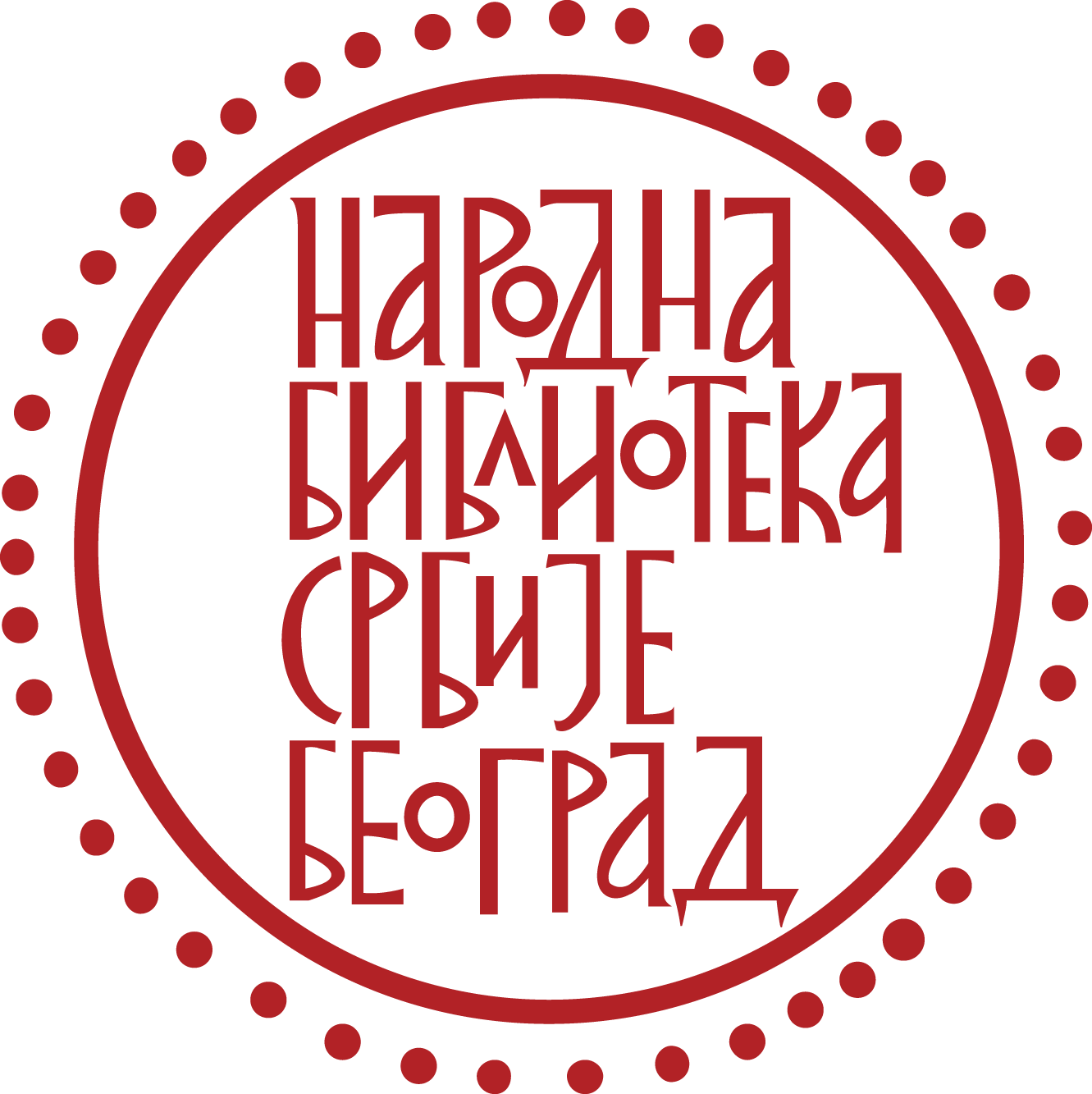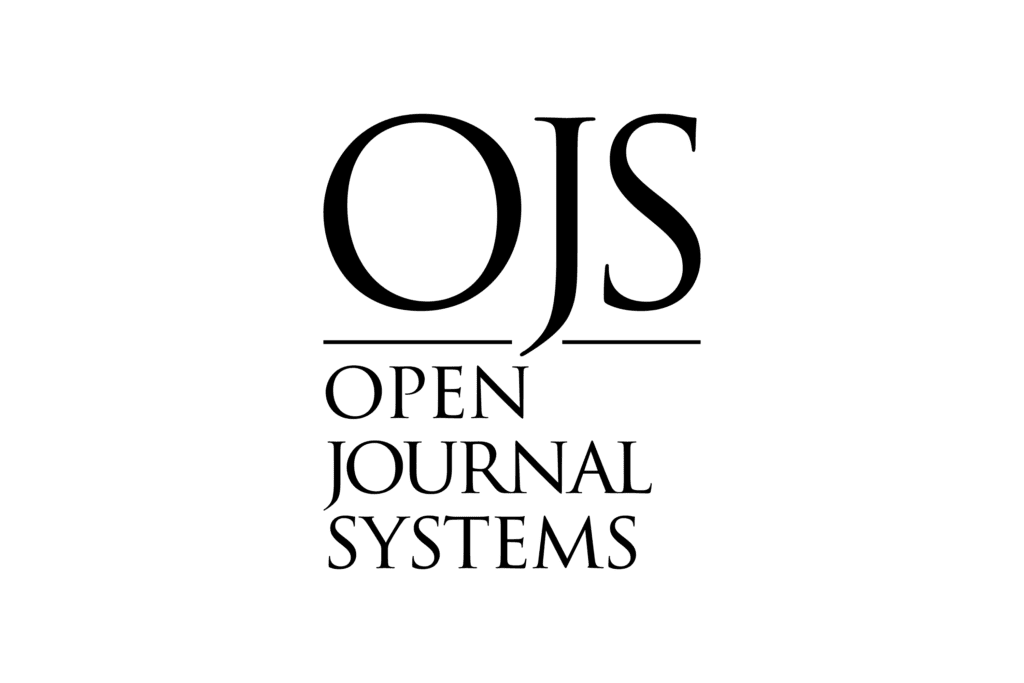The Symbolic Mediation of the Female Experience of the World and Women’s Creativity in the Poetry of Marija Knežević
DOI:
https://doi.org/10.18485/KNJIZ.2015.1.12Keywords:
Marija Knežević, poetry, creativity, gender, symbolic mediationAbstract
In the poetry of the contemporary Serbian female poet Marija Knežević (1963) the lyrical voice is expressed in the masculine and feminine gender, while also, at times, identified with all grammatical persons, both in singular and in plural, whereas the relationship between the first and second person singular, as shown in the book entitled Moje drugo ti (2001) is particularly nurtured. The themes of her poetry, which she has been publishing for more than thirty years, encompass all the contents brought about by time, space, history, politics, everyday life: the political, state and economic transitions, wars, emigration, economic crisis, culture (or lack of it), everyday life in the private and public sphere and its reflection in the media. Marija Knežević is a watchful, hypersensitive chronicler of the times. Her open senses, keen spirit and poetic skill manage to symbolically mediate numerous experiences of the world, and the one which stands out the most is precisely the female one. Within the female experience of the world the forms of female literary work and female production are especially accentuated through the use of symbols, metaphors, metonyms, and the frequent use of antiphrasis, paradox and irony. This paper will focus on the entire poetic opus of Marija Knežević, which consists of nine books of poetry: Elegijski saveti Juliji, 1994; Stvari za ličnu upotrebu, 1994; Doba Salome, 1996, Moje drugo ti, 2001; Dvadeset pesama o ljubavi i jedna ljubavna, 2003; In tactum, 2005; Uličarke, 2007; Šen, 2011; Tehnika disanja, 2015.











